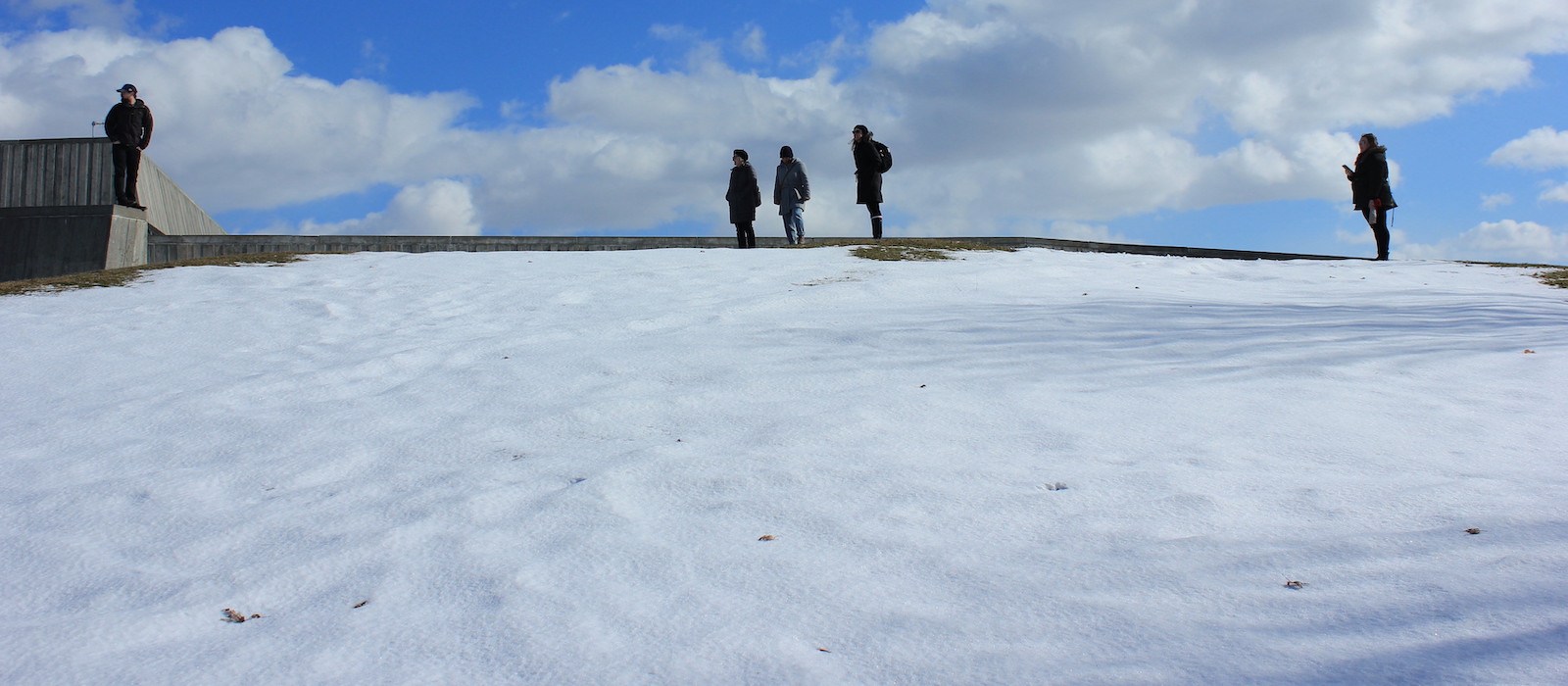2020-2025 School Priorities
The School of Canadian Studies is deeply rooted in Carleton University’s rich history of putting communities and people first. Our graduates and faculty play an essential role in shaping discourse, policy and research on Canada and its place in the world. The School is a key player in a flourishing network of Canadian Studies programs both within Canada and abroad. Our research and teaching are deeply interdisciplinary, innovative, personal and collaborative. Choose Canadian Studies at Carleton University to become part of an activist, problem-oriented learning community that challenges students to think critically and apply their knowledge of Canada. Our priorities include:
- Continuing the growth of programs and scholarship in Canadian Studies and Heritage Conservation;
- Formalizing the School’s commitment to non-traditional and inclusive teaching and research practices;
- Fostering and expanding our local, national and international research and academic programs; and,
- Continuing the School’s long-term commitments to interdisciplinary research, and to the development and diversification of our established and emerging faculty.
History and Goals
Carleton University founded Canada’s first Institute of Canadian Studies in 1957, and offered the first MA degree program at Carleton and in Canadian Studies in Canada. Since its inception, well over a 1000 students have graduated with Master’s degrees in Canadian Studies. The Institute was transformed into the School of Canadian and Indigenous Studies on July 1, 1992; and the School of Canadian Studies in 2023.
With this transformation came permanent faculty appointments to Canadian Studies and the development of a full undergraduate program. A joint Ph.D. program with Trent University was introduced in 2000. This program builds on the combined strengths of the existing undergraduate and MA programs at the two universities and provides Canada’s only full interdisciplinary doctoral program in Canadian Studies.
In 2010, we introduced the Indigenous Studies program, which offered a variety of cutting-edge courses related to Indigenous issues in Canada and the world. The Indigenous Studies program is now housed at the Institute of Interdisciplinary Studies. Students can currently enrol in a Minor in Indigenous Studies and in September of 2017 we launched a Combined Honours Degree in Indigenous Studies. Both of these programs can be combined with other undergraduate programs at Carleton. Recognizing the importance of Indigenous Studies to our academic mission, Carleton’s Board of Governors approved a proposal in June of 2016 to change the School’s name to the School of Indigenous and Canadian Studies.
Since its inception, the School of Canadian Studies at Carleton has constantly reinvented itself to incorporate new knowledge and new approaches, in order to understand the creative tensions and diversity that characterize Canada and the people who occupy its space. We have established a strong reputation in interdisciplinary research and teaching in areas related to and intersecting with heritage conservation; Canadian cultural studies; Indigenous studies; settler studies; identities and social movements; gender and women’s studies; environment and place; and issues related to public policy, politics, language, economy, and society.
The School’s academic programs are extremely well placed to help us understand and explain the challenges faced by Canadians, Indigenous peoples, and other groups. Throughout its history, the School has participated in reshaping an understanding of Canadian society, by confronting historical and current affairs and helping students to become vital participants and astute critical thinkers in Canada’s liberal democracy. The primary goal of our program is to provide students with a comprehensive education – refining excellent critical, research, and problem-solving skills – that allows for critical engagement in a rapidly changing academic, professional, and community-oriented work environment.
